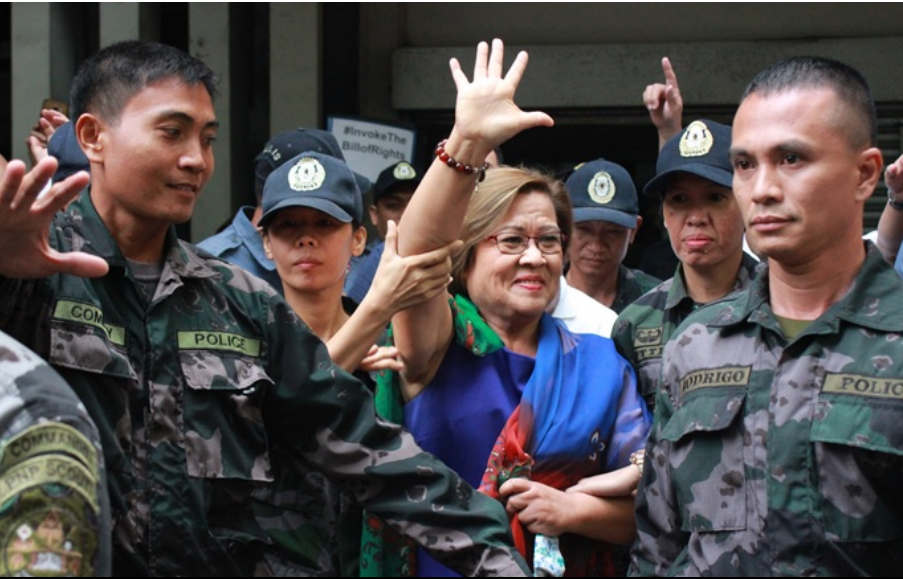On June 24, 2024, the Muntinlupa Regional Court acquitted Philippine opposition politician and former senator Leila de Lima of the third and final charge of conspiracy to traffic drugs. The court’s decision ended a trial that lasted around seven years, of which De Lima spent more than six years in prison until her release on bail on November 13, 2023. The two other charges were quashed in May 2023 and April 2022 respectively.
The court found that the prosecution’s evidence was insufficient to prove that De Lima had conspired to engage in illegal drug trafficking. In addition, the testimonies of the nine witnesses had significant inconsistencies and contradictions that affected their credibility and the validity of their testimonies. The court also found that different witnesses testified against De Lima on several counts.
The charges against Leila de Lima date back to 2017 during her time as a senator under former President Rodrigo Duterte. De Lima was accused of organizing a drug ring in her position as former justice secretary (2010-2015) and receiving money from convicted drug traffickers in New Bilibid prison, which she also allegedly used to finance her political campaign. The charges came after she, as chair of the Senate Committee on Justice and Human Rights, initiated a hearing on the killings of suspected drug users and dealers in Davao City in August 2016 – about a month after Duterte took office as president of the Philippines. In September 2016, she also invited a self-confessed hitman of the so-called “Davao Death Squad”, Edgar Matobato, to a hearing in the Senate. Matobato testified about former President Duterte’s involvement in the murder of about 1,000 people during his time as mayor of Davao City. That same month, De Lima’s former Senate colleagues voted to remove her as committee chair. The investigation into the drug-related killings in Davao City was closed in October 2016. Shortly after the Department of Justice filed three charges against De Lima in February 2017, she was arrested.
De Lima’s acquittal was praised by numerous international actors who, among other things, called for cases of human rights violations in the Philippines to be treated more seriously. The German ambassador in Manila, Andreas Pfaffernoschke, called on the Philippine government to bring the perpetrators of all unsolved drug-related killings to justice. German Human Rights Commissioner Luise Amtsberg emphasized that De Lima’s several years in prison were unjustified. De Lima spent 2,454 days in solitary confinement under unbearable conditions, surviving a planned kidnapping, among others.
De Lima is now preparing countersuits against former President Duterte and former Justice Secretary Vitaliano Aguirre II, whom she holds responsible for the fabricated charges. She has also announced that she will not run in the upcoming senatorial elections and will instead concentrate on her work with the International Criminal Court (ICC). The Liberal Party is also not planning an alliance with President Ferdinand Marcos Jr. against the Duterte family.
President Marcos Jr. presented De Lima’s case as proof that the Philippines has a functioning justice system and emphasized that the ICC should recognize this. Congressman Edcel Lagman, however, pointed out that De Lima’s acquittal was no justification for not cooperating with the ICC. France Castro, congresswoman for the ACT Teachers Party, also explained that De Lima’s case accounted for less than one per cent of the approximately 6,000 drug-related killing cases.
Photo © leiladelima.ph/gallery/

